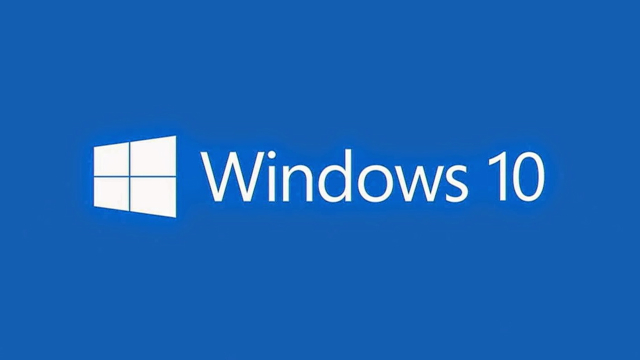Microsoft to Roll Out Full Windows 10 Version for Smartphones
December 12, 2016
Microsoft will provide a full version of Windows 10, with desktop app support, to ARM chipsets with the expectation that ARM-based laptops will be the first adopters. Microsoft recently demonstrated Windows 10 on a Qualcomm Snapdragon 820 chip, with support for HD video playback, Adobe Photoshop and Microsoft Office. With emulation of x86 desktop apps, the consumer experience is unchanged. Although laptops will likely be the first, some believe it’s a harbinger of Microsoft turning a smartphone into a “real PC.”
The Verge reports that, “Microsoft surprised everyone with Continuum for phones last year, a feature of Windows 10 that lets phones turn into a PC,” by using Qualcomm chips and Windows 10’s universal apps to “scale from a phone screen up to a monitor and includes features that make it feel like a full-blown PC.”
With desktop apps, Microsoft plans to increase Continuum’s power in 2017. The lack of universal apps, however, sends some users “switching back to a real PC” for “anything more than basic Web browsing or Word documents.” Dubbing it “a gimmick right now,” The Verge opines that, “a suite of desktop apps … could make it a lot more appealing.”
Intel’s cancellation of its Atom processors put an end to rumors that Microsoft was at work on an Intel-powered Surface Phone, and “it now seems likely that any Surface phone or mini tablet that Microsoft may create will have an ARM chipset and the emulated desktop apps required to turn it into a PC.”
Microsoft isn’t the first to explore this. The history of turning a phone into a PC includes Motorola’s attempt with the Atrix, Asus’ with PadFones, and Canonical’s with Ubuntu phones. Only Microsoft has the “dominance … likely to pull it off at scale,” notes The Verge.
Although Microsoft has remained mum on its Continuum mobile plans with desktop apps, “the company is ready to support ARM processors for devices with small screens, large screens, and no screens at all,” and has also invested in niche areas (Surface Studio) and appealed to “communities of creators to secure its dominance of the PC side of computing.”
Turning a phone into a PC could “keep Microsoft’s mobile efforts” alive among Windows fans and business customers, “until the next big shift in computing.” The Verge believes that next shift for Microsoft will be mixed reality computing, noting that, “the company is keen to enable its traditional PC partners to build VR and mixed reality headsets that support its vision for computing beyond the smartphone.”


No Comments Yet
You can be the first to comment!
Sorry, comments for this entry are closed at this time.